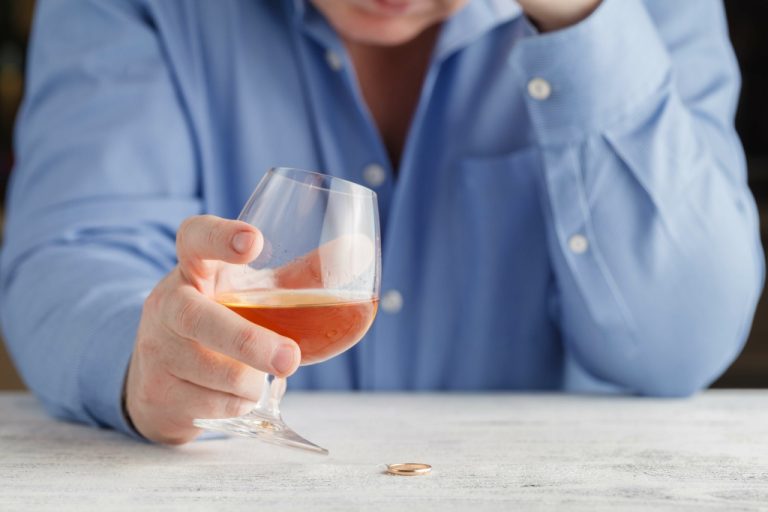Intermittent explosive disorder Symptoms and causes
My friend’s father, who used to be an alcoholic, had a problem with alcohol and anger. I used to hang out at my friend’s place all the time and her dad was a very nice man when he didn’t drink. But when he did drink, which was everyday starting at 7pm, he would completely change.

The answer may lie in social expectations that allow for
more aggressive behaviors by drunk people. Discovering your child is drinking can generate fear, confusion, and anger in parents. It’s important to remain calm when confronting your teen, and only do so when everyone is sober. Explain your concerns and make it clear that your concern comes from a place of love.
Why Does Drinking Release the Rage? Understand Alcohol-Related Anger and Aggression
The link between alcohol and anger varies drastically from person to person. Some individuals may remain calm or even become more content when intoxicated. Others may launch into irrational rages or engage in uncharacteristic acts of aggression and violence.
- Plus, as a bonus, exercising will help keep you in shape and healthier overall in addition to helping with stress and anger.
- Alcohol effects the prefrontal cortex of the brain, the region that moderates things like decision-making.
- People with higher levels of testosterone are more likely to be aggressive.
- In many cases, abusers of alcohol rely on it to provide some semblance of emotional stability.
- But this is often easier said than done, and mean drunks can turn violent when provoked — meaning that if you share a living space with one, your safety should be your main priority.
But many people in recovery show improvements in memory and concentration, even within the first month of sobriety. Clients can learn healthy stress management and coping skills to diffuse anger and other negative thoughts in group and individual therapy sessions. Emotional alcoholism and anger regulation skills and relapse prevention tools are also taught. Through behavioral therapy and counseling, a person is better able to recognize how their thoughts tie into their actions. They can learn to recognize potential triggers and how to safely manage them.
Intermittent explosive disorder
These days, people who misuse alcohol can enroll in various treatment programs, whether you choose the 12-step approach or decide to enter residential treatment. If you’re looking for help getting started, it’s wise to speak with your physician first. They can offer you support as you go over every available option. Together, you can choose the best course of treatment for your needs.
- This activates the stress response, which speeds up heart rate, respiration, and blood pressure, and increases body temperature.
- While this effect may be true for some individuals, after a few drinks, the depressant effects of alcohol start to make their appearance.
- Whenever possible, it’s best to have an open, respectful, and direct conversation with the individual in recovery, and ask how they feel about alcohol being present.
- In this blog, we will take a look at the connection between the two as well as discuss ways that you or a loved one can get help for both.
- Contrary to this, a single administration of 0.5 per thousand alcohol was shown to reduce frontal interhemispheric connectivity in female participants, but not in male participants (Hoppenbrouwers et al., 2010).
If exercise or mediation isn’t your thing, you might want to consider working through your anger in a written way. You can even write out ways that you might be able to better handle yourself in the future should you find yourself in a similar situation that made you angry. If you are concerned that you or someone you care about has a problem with alcohol there is a lot of help available.
Individualized, evidence based treatment, to fit your needs.
Learning to be more responsible for your actions takes time, but it’s a necessary step for individuals who have alcohol and anger management problems. As you become more self-aware, you’ll make better choices about alcohol consumption. In addition to receiving guidance from experienced professionals, support groups are effective for building relationships. Recovering from an alcohol use disorder can be isolating, especially when you consider how widespread drinking culture is in the United States. In a support group, you can meet like-minded individuals who can help make recovery that much easier.
Too much alcohol affects your speech, muscle coordination and vital centers of your brain. A heavy drinking binge may even cause a life-threatening coma or death. This is of particular concern when you’re taking certain medications that also depress the brain’s function.
However, before diving deeper into understanding these reasonings, there are a few things you should know. An addiction is a disease, and alcoholics can’t drink for fun without going overboard. Alcohol abuse and anger issues can go hand in hand, as alcohol can be a trigger for those with anger issues.
If you’re trying to take a break from drinking, try these 6 strategies – Capital Public Radio News
If you’re trying to take a break from drinking, try these 6 strategies.
Posted: Sat, 31 Dec 2022 08:00:00 GMT [source]
Alcohol use disorder includes a level of drinking that’s sometimes called alcoholism. Some people may be hesitant to seek treatment because they don’t want to abstain https://ecosoberhouse.com/ entirely. Moderation management or moderation treatment can be an effective approach, in which people learn responsible drinking habits through a structured program.